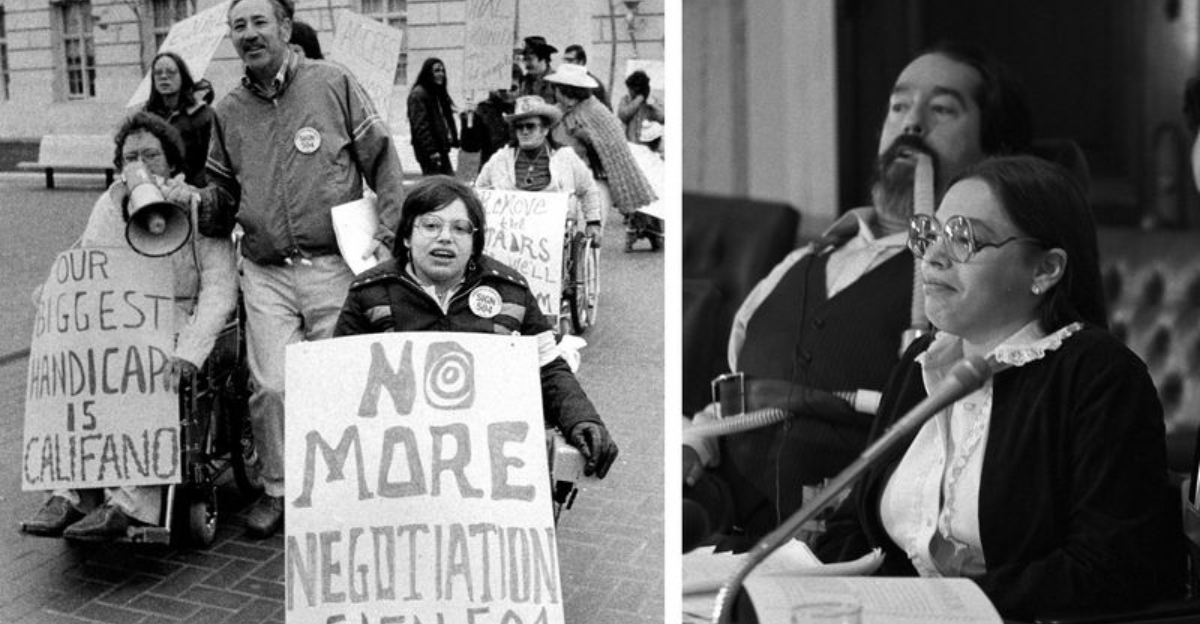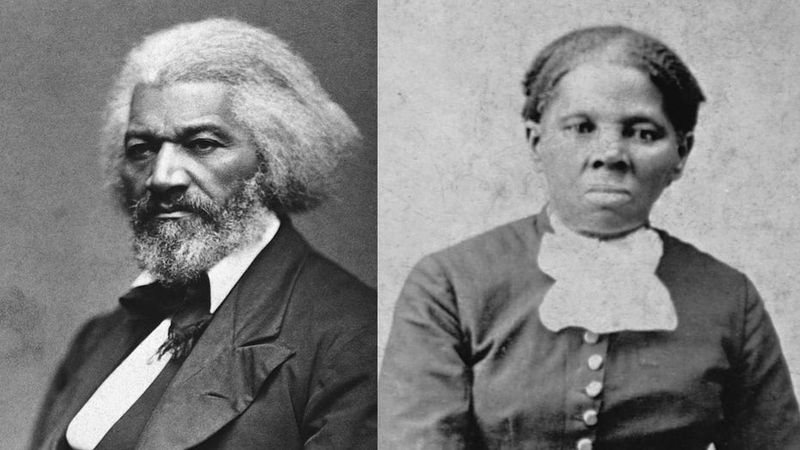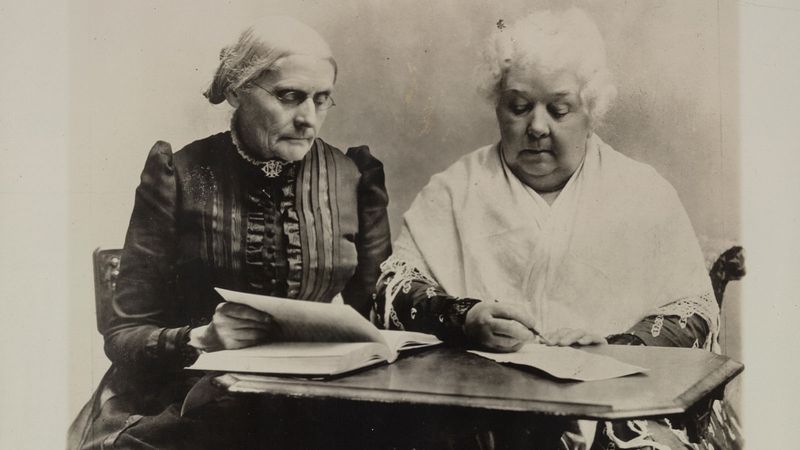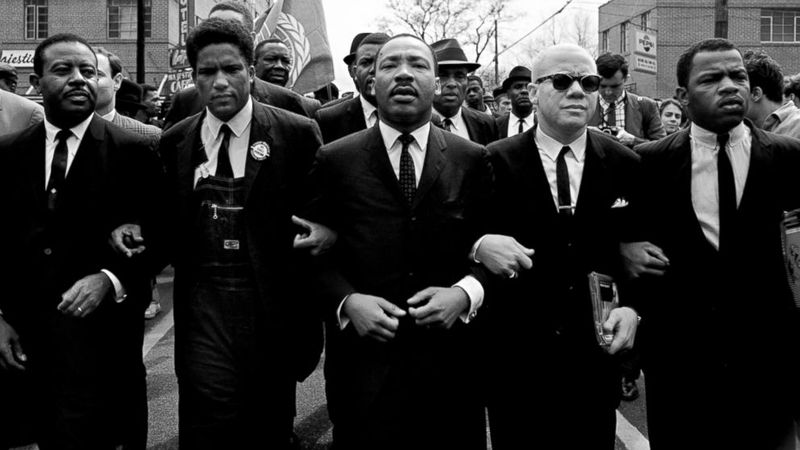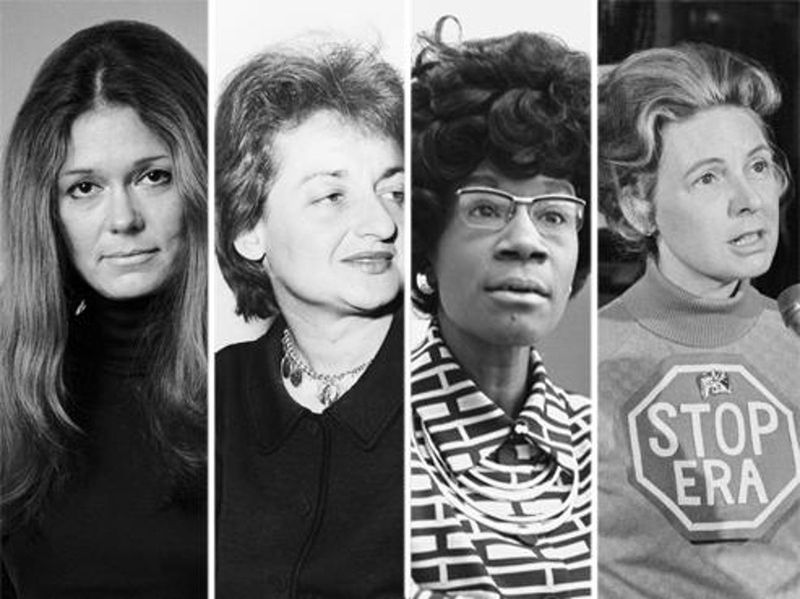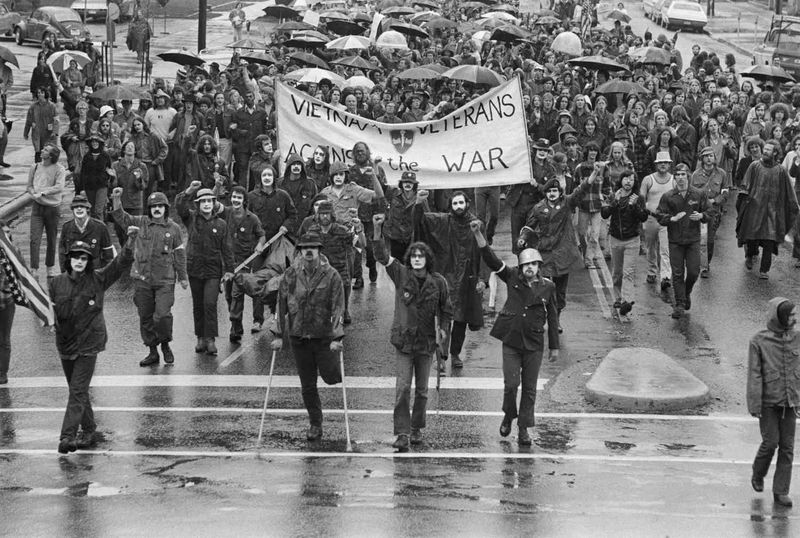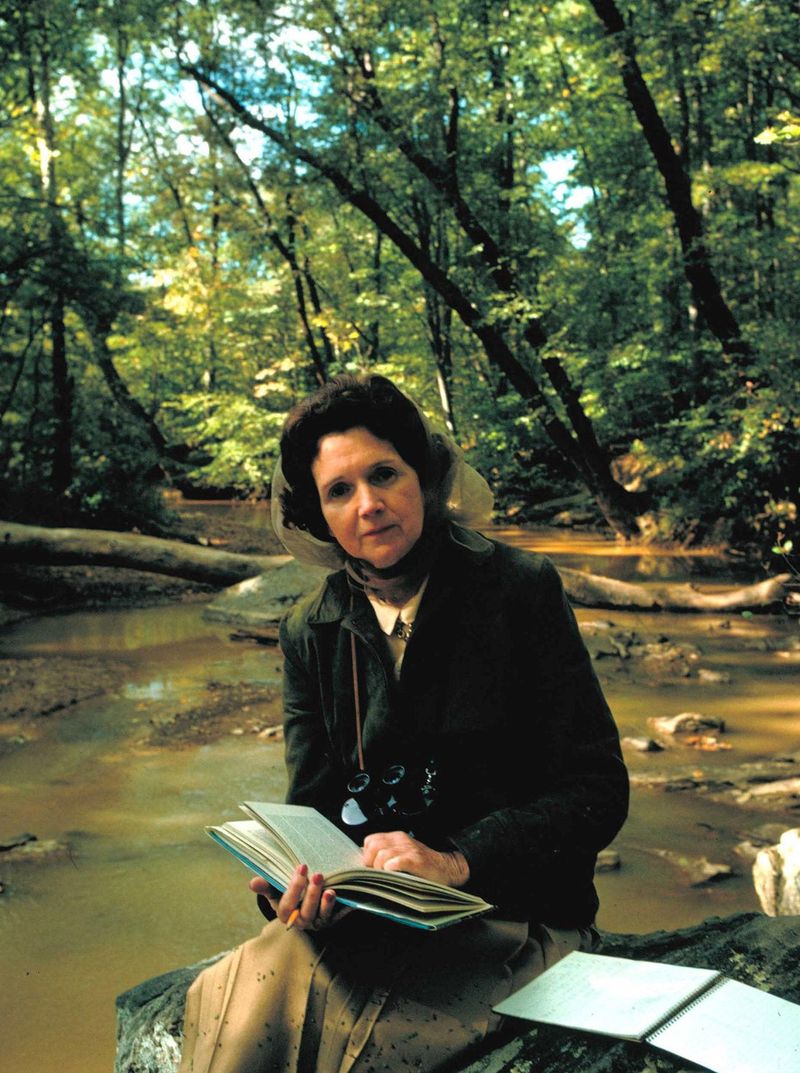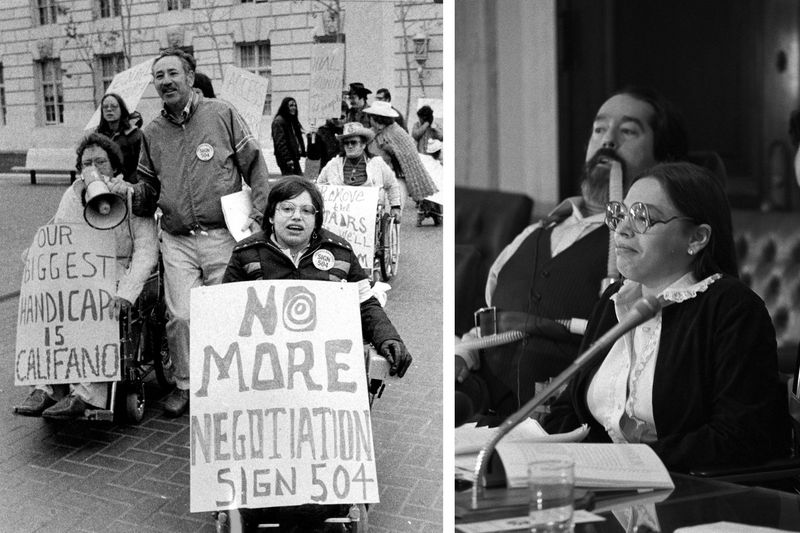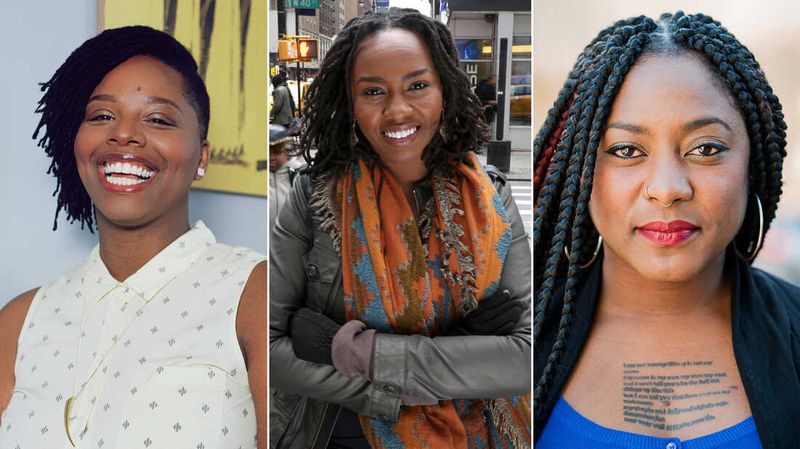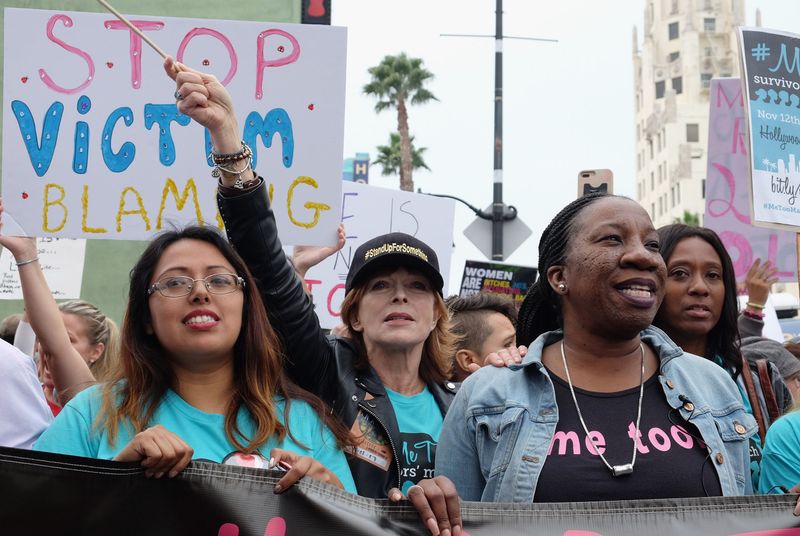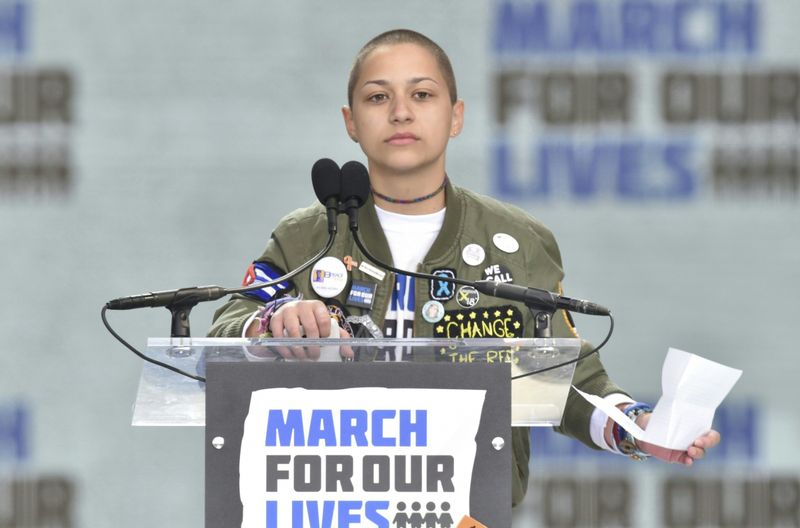Throughout the annals of American history, movements have ignited change, fueled by visionaries willing to challenge the status quo. This exploration illuminates twelve pivotal movements that have profoundly shaped the United States, transforming societal norms and championing justice, equality, and freedom. From the fight to end slavery to the battle for gender equality, these movements have left an indelible mark on the nation’s fabric. Each movement, unique in its cause and impact, tells a story of collective struggle and triumph, highlighting the power of individuals and communities to drive progress and inspire future generations.
1. The Abolitionist Movement (1830s–1865)
With a fiery resolve, the Abolitionist Movement sought to dismantle the institution of slavery in the United States. Key figures like Frederick Douglass and Harriet Tubman led the charge, using powerful oratory and brave action. Their relentless efforts contributed to the issuance of the Emancipation Proclamation in 1863, a historic decree by President Abraham Lincoln that declared enslaved people in Confederate states to be free.
This movement culminated in the passage of the 13th Amendment in 1865, which abolished slavery nationwide. The abolitionists’ unwavering commitment reshaped the nation’s moral compass, laying a foundation for future civil rights endeavors.
2. Women’s Suffrage Movement (1848–1920)
In the mid-19th century, a powerful demand for women’s voting rights emerged. Spearheaded by leaders like Susan B. Anthony and Elizabeth Cady Stanton, the Women’s Suffrage Movement fought tirelessly to secure equal electoral power for women. Their persistence culminated in the historic passage of the 19th Amendment in 1920.
This amendment granted women the right to vote, significantly altering the political landscape. Sojourner Truth, an iconic voice, amplified the call for gender equity through her stirring speeches. The movement’s success was a monumental triumph for democracy and gender equality in the United States.
3. The Labor Movement (Late 1800s–1930s)
Amidst the rapid industrialization of America, the Labor Movement emerged as a champion for workers’ rights. Figures like Eugene V. Debs and Mother Jones were pivotal in advocating for fair labor practices. Through strikes and collective bargaining, they achieved significant victories like the 8-hour workday and child labor laws.
4. The Civil Rights Movement (1950s–1960s)
The Civil Rights Movement was a defining era in American history, led by visionary leaders like Martin Luther King Jr. and Rosa Parks. Their courageous stand against racial segregation and discrimination paved the way for monumental legislative achievements. The Civil Rights Act of 1964 and the Voting Rights Act of 1965 were pivotal outcomes of this movement.
These laws dismantled legal segregation and safeguarded voting rights for African Americans. The movement’s legacy endures as a testament to the power of peaceful protest and the relentless pursuit of equality and justice for all.
5. The Feminist Movement (1960s–1970s)
The Feminist Movement of the 1960s and 1970s marked a significant shift in gender dynamics in the United States. Icons such as Gloria Steinem and Betty Friedan championed women’s rights, challenging societal norms and advocating for reproductive freedom, workplace equality, and the dismantling of gender-based discrimination.
Shirley Chisholm’s groundbreaking political career further highlighted the movement’s impact. Notably, the landmark Supreme Court case Roe v. Wade in 1973 protected women’s reproductive rights, symbolizing a significant victory for the feminist cause. This era transformed societal attitudes and laid the groundwork for ongoing gender equality efforts.
6. The Anti-War Movement (1960s–1970s)
In a time of global conflict, the Anti-War Movement emerged as a powerful voice against U.S. military involvement in Vietnam. Individuals like Jane Fonda and Muhammad Ali became outspoken critics, using their platforms to denounce the war. Student-led organizations, such as Students for a Democratic Society, organized protests nationwide.
The movement’s influence was undeniable, pressuring the government to reevaluate its foreign policy and ultimately withdraw troops. This era of dissent fostered a lasting legacy of questioning governmental decisions and advocating for peace.
The movement’s impact continues to resonate in contemporary debates on military intervention.
7. The Environmental Movement (1970s–Present)
The Environmental Movement arose as a response to increasing ecological concerns, with Rachel Carson’s “Silent Spring” serving as a catalyst. Her work highlighted the dangers of pesticides, sparking widespread environmental awareness.
Legislative actions like the Clean Air Act and the establishment of the Environmental Protection Agency marked significant victories. Al Gore and Greta Thunberg have since continued to advocate for urgent climate action, inspiring global movements and policy discussions.
The movement’s enduring efforts emphasize the need for sustainable practices to safeguard the planet for future generations.
8. The LGBTQ+ Rights Movement (1969–Present)
The LGBTQ+ Rights Movement ignited with the Stonewall Riots in 1969, a pivotal moment led by figures like Marsha P. Johnson. Harvey Milk broke barriers as one of the first openly gay elected officials, advocating for LGBTQ+ rights and visibility.
In recent years, activists like Laverne Cox have championed trans rights, further expanding the movement’s reach. Landmark victories include the Supreme Court’s 2015 decision to legalize same-sex marriage nationwide, a testament to the movement’s progress. The ongoing fight for equality and acceptance remains a powerful force for social change.
9. The Disability Rights Movement (1970s–1990s)
The Disability Rights Movement emerged as a powerful force advocating for the rights and inclusion of individuals with disabilities. Activists like Judith Heumann fought for equal access to public spaces and education. Ed Roberts, a pioneer in disability advocacy, pushed for independent living centers and accessibility standards.
Their efforts culminated in the passage of the Americans with Disabilities Act (ADA) in 1990, a groundbreaking law ensuring equal opportunities and prohibiting discrimination. The movement’s legacy continues to inspire efforts to create a more inclusive and accessible society for all individuals.
10. Black Lives Matter (2013–Present)
Evolving from a social media hashtag into a global movement, Black Lives Matter was founded by Alicia Garza, Patrisse Cullors, and Opal Tometi in response to police violence against African Americans. The movement has sparked worldwide protests, demanding accountability and justice for victims of racial injustice.
Through advocacy and activism, Black Lives Matter has influenced policy discussions and raised awareness about systemic racism. Its message has echoed across communities, inspiring a new generation to engage in social justice efforts and work toward a more equitable society.
11. #MeToo Movement (2017–Present)
The #MeToo Movement, founded by Tarana Burke, gained global momentum when Alyssa Milano encouraged survivors of sexual harassment to share their stories. This movement has exposed widespread abuse, bringing accountability to powerful figures across various industries.
Ashley Judd’s vocal support further amplified the message, leading to significant changes in workplace policies and cultural attitudes toward harassment. The movement has fostered a renewed focus on consent, respect, and empowerment, reshaping conversations about gender dynamics and safety. Its impact has been profound, creating a platform for survivors to seek justice and healing.
12. The March for Our Lives Movement (2018–Present)
The March for Our Lives Movement arose from the tragic Parkland school shooting, led by survivors like Emma González and David Hogg. Their passionate advocacy for stricter gun control laws captured national attention, reigniting debates on firearm regulations.
Through organized marches and calls to action, the movement has galvanized young people to demand political accountability and change. Its emphasis on community engagement and grassroots activism has mobilized a new generation of advocates, determined to address gun violence and create safer communities.
